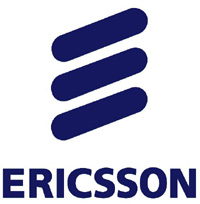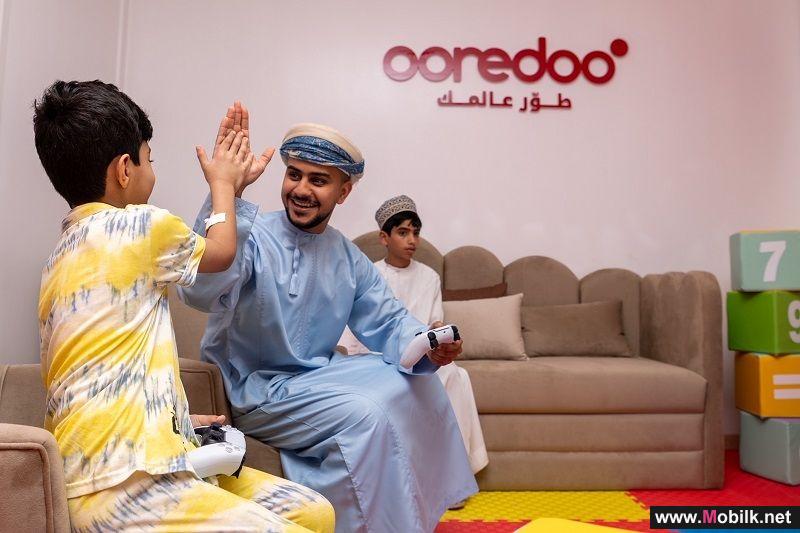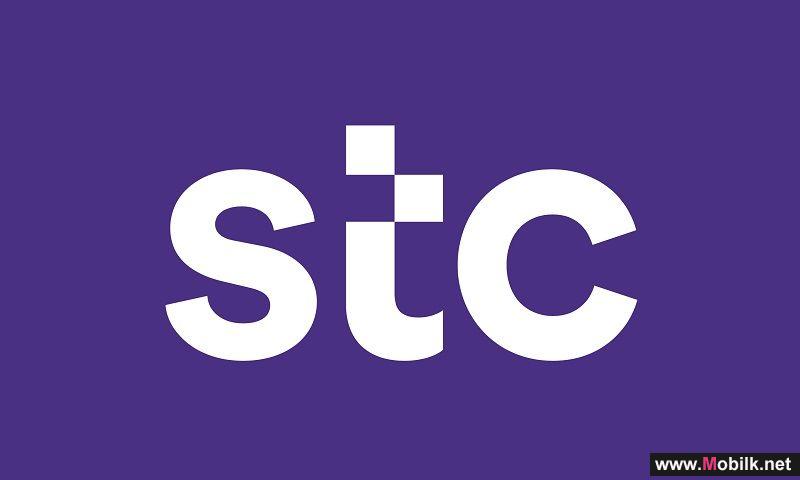-

- Home
- News
- Providers
 Vodafone Oman
Vodafone Oman Emirates Telecom
Emirates Telecom  Ooredoo Om
Ooredoo Om Ooredoo Qa
Ooredoo Qa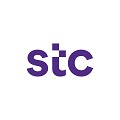 stc Bahrain
stc Bahrain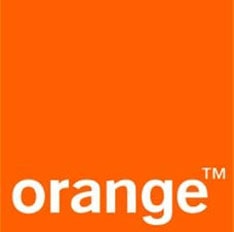 Orange Egypt
Orange Egypt Mobily
Mobily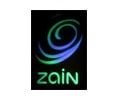 Zain Jo
Zain Jo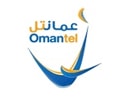 omantel
omantel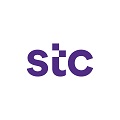 STC
STC Emirates Du
Emirates Du Asiacell
Asiacell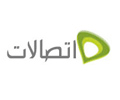 Etisalat Egypt
Etisalat Egypt  Telecom Egypt
Telecom Egypt jawwal
jawwal Orange Jo
Orange Jo Umniah
Umniah Zain Sa
Zain Sa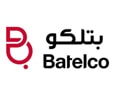 Bahrain Batelco
Bahrain Batelco Zain Bh
Zain Bh Wataniya palestine
Wataniya palestine Kuwait Viva
Kuwait Viva  Zain Kw
Zain Kw Vodafone Qa
Vodafone Qa MTN Syria
MTN Syria Syriatel
Syriatel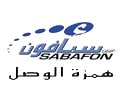 Sabafon
Sabafon Zain Iq
Zain Iq MTN Yemen
MTN Yemen Ooredoo Kw
Ooredoo Kw Vodafone Egypt
Vodafone Egypt 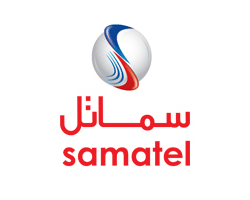 Samatel
Samatel
- Phones
 Huawei
Huawei Samsung
Samsung MOTOROLA
MOTOROLA Lenovo
Lenovo Alcatel
Alcatel LG
LG Nokia
Nokia HTC
HTC Sony Ericsson
Sony Ericsson Siemens
Siemens BlackBerry
BlackBerry Acer
Acer Asus
Asus Sony
Sony VK
VK BenQ-Siemens
BenQ-Siemens APPLE
APPLE Eten
Eten Sagem
Sagem Panasonic
Panasonic HP
HP Amoi
Amoi Toshiba
Toshiba Sonim
Sonim Sharp
Sharp Bird
Bird Mitac
Mitac Philips
Philips Vertu
Vertu Pantech
Pantech Micromax
Micromax Haier
Haier Maxon
Maxon Gigabyte
Gigabyte I-mate
I-mate I-mobile
I-mobile Kyocera
Kyocera BenQ
BenQ Microsoft
Microsoft Connect
Connect Telit
Telit Sendo
Sendo Mitsubishi
Mitsubishi SEWON
SEWON NEC
NEC DELL
DELL Thuraya
Thuraya Be
Be Qtek
Qtek Bosch
Bosch Palm
Palm MWG
MWG Neonode
Neonode Fujitsu Siemens
Fujitsu Siemens WND
WND O2
O2 INQ
INQ Innostream
Innostream XCute
XCute Benefon
Benefon Google
Google
- Tablets
- Compare Cell Phones
- AI tools directory
- About us
- TRA Report Reveals Premium Download Speeds in Qurayyat and Al Amerat on..
- Ooredoo Continues to Give Back to Communities Across Oman During Second Part of..
- Stand Out from The Crowd and Give to Charity at The Same Time with The Ooredoo..
- stc Group Sponsors and Participates in the Prestigious Mobile World Congress in..
- Ooredoo Signs Agreement with Tamimah Digital LLC to Launch a B2B Online..
- Excitement Builds for Ooredoo’s Next Manzili Raffle Draw ..
- Ooredoo’s Transformational Qadaa Programme Turns Team Members into Leaders ..
- Roam like Home with Ooredoo’s Updated Shahry Plans ..
- Ooredoo Keeps its Eye on the Ball as South Al Batinah Governorate Champions..
- Lace Up your Running Shoes with Ooredoo for the Al Mouj Muscat Marathon..
Mobilk.net offered in
العربية







